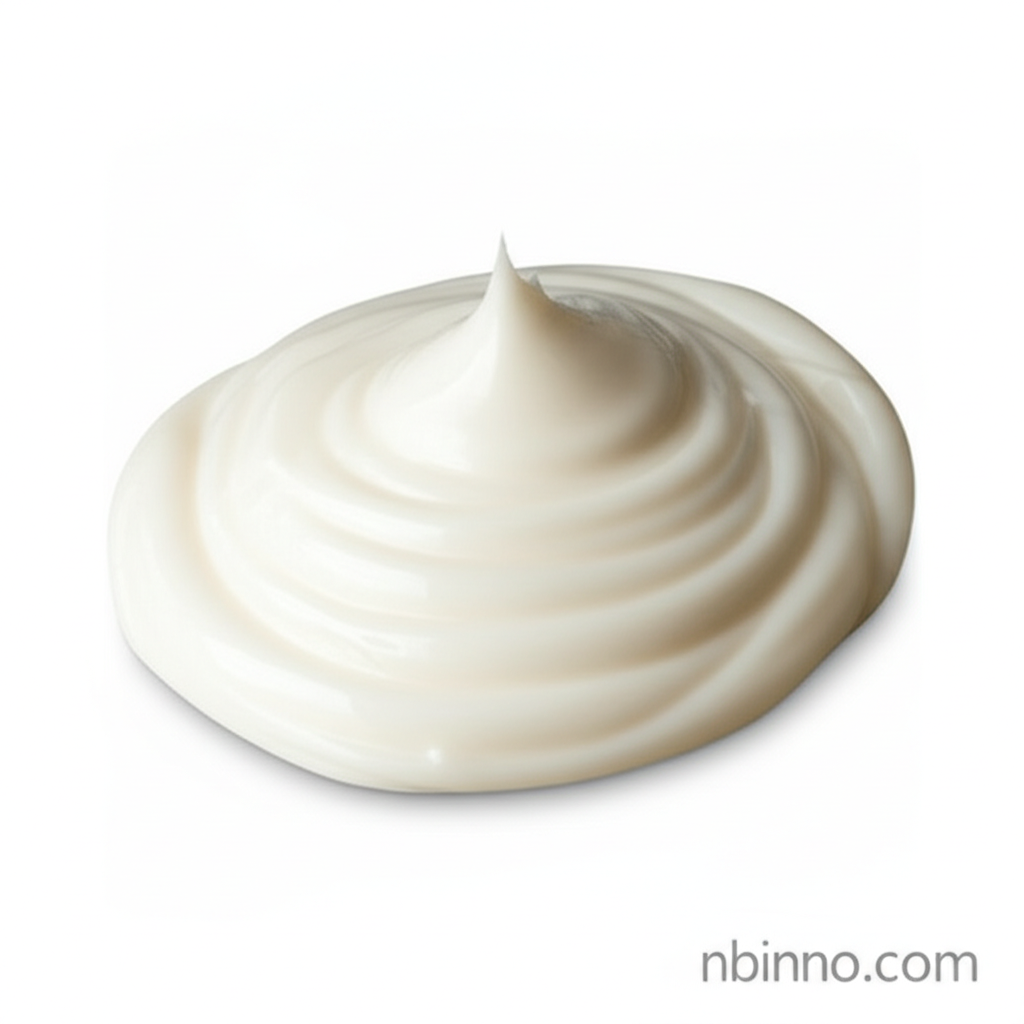Dimethyl Dioctyl Ammonium Chloride: Properties, Applications, and Benefits in Industrial Settings
Discover the versatile applications and key properties of Dimethyl Dioctyl Ammonium Chloride for your industrial needs.
Get a Quote & SampleProduct Core Value

Dimethyl Dioctyl Ammonium Chloride
Dimethyl Dioctyl Ammonium Chloride is a highly effective quaternary ammonium compound renowned for its multifaceted industrial applications. Its unique chemical structure provides excellent surfactant, catalytic, and antimicrobial properties, making it an indispensable component in various sectors.
- Explore the powerful surfactant capabilities of Dimethyl Dioctyl Ammonium Chloride for enhanced industrial processes.
- Understand the robust properties of dimethyldioctylammonium chloride for diverse industrial applications.
- Learn about the wide-ranging uses of dimethyldioctylammonium chloride, from water treatment to specialized industrial needs.
- Leverage the benefits of ddac surfactant industrial applications for improved performance and efficiency.
Advantages
Exceptional Antimicrobial Efficacy
The potent biocidal and disinfectant properties of dimethyldioctylammonium chloride are crucial for maintaining hygiene in demanding industrial environments, such as oilfield operations and cooling water systems.
Versatile Catalytic Functionality
As a transferring catalyst, dimethyldioctylammonium chloride facilitates reaction rates in different phases, enhancing chemical synthesis and production efficiency.
Broad Application Spectrum
From its use in water treatment to its role as a wood preservative and textile auxiliary, the uses of dimethyldioctylammonium chloride span across numerous industries, showcasing its adaptability.
Key Applications
Water Treatment
The application of ddac surfactant in industrial circulating cooling water and oilfield injection water ensures effective microbial control, preventing biofilm formation and corrosion.
Disinfection and Biocidal Use
Its properties as a disinfectant and biocide make it invaluable for sanitizing surfaces, equipment, and processes across various industrial settings.
Textile Industry
In the textile sector, dimethyldioctylammonium chloride serves as a moth-proofing agent, protecting fabrics from damage and degradation.
Wood Preservation
Its efficacy extends to wood preservation, providing protection against fungal decay and insect infestation, thereby prolonging the lifespan of timber products.
